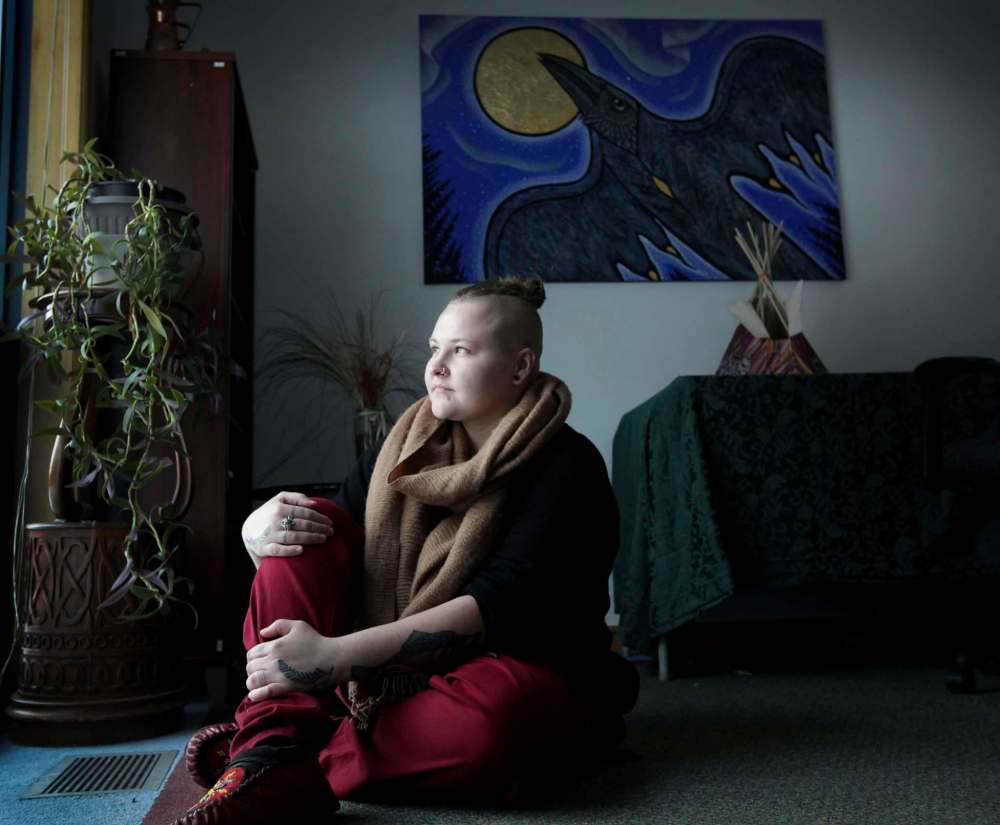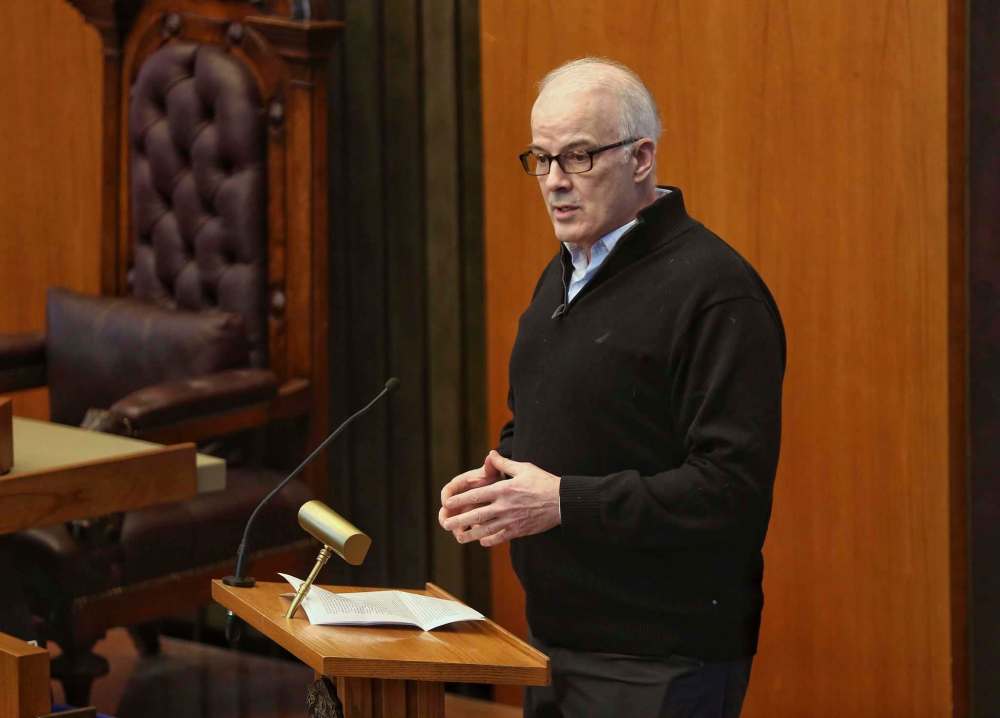Oakes family saved me, woman says
Couple paid for addiction treatment without having met her
Advertisement
Read this article for free:
or
Already have an account? Log in here »
To continue reading, please subscribe:
Monthly Digital Subscription
$0 for the first 4 weeks*
- Enjoy unlimited reading on winnipegfreepress.com
- Read the E-Edition, our digital replica newspaper
- Access News Break, our award-winning app
- Play interactive puzzles
*No charge for 4 weeks then price increases to the regular rate of $19.00 plus GST every four weeks. Offer available to new and qualified returning subscribers only. Cancel any time.
Monthly Digital Subscription
$4.75/week*
- Enjoy unlimited reading on winnipegfreepress.com
- Read the E-Edition, our digital replica newspaper
- Access News Break, our award-winning app
- Play interactive puzzles
*Billed as $19 plus GST every four weeks. Cancel any time.
To continue reading, please subscribe:
Add Free Press access to your Brandon Sun subscription for only an additional
$1 for the first 4 weeks*
*Your next subscription payment will increase by $1.00 and you will be charged $16.99 plus GST for four weeks. After four weeks, your payment will increase to $23.99 plus GST every four weeks.
Read unlimited articles for free today:
or
Already have an account? Log in here »
Hey there, time traveller!
This article was published 18/01/2018 (2884 days ago), so information in it may no longer be current.
Stephanie Johnson wants people to know she’s alive today because of private drug rehab paid for by Scott and Anne Oake.
The publicist, photographer and artist stepped out from behind the camera this week after the sale of the old Vimy Arena site cleared another hurdle at Winnipeg city hall.
The site is the proposed location of an addictions-recovery centre the Oake family wants to build, but the process has been bogged down for months, something that frustrates Johnson.

“In my opinion, the most critical piece in this story is that before the Bruce Oake Recovery Centre has even opened, the Oakes have already begun to save lives. I attribute being here today to both them and Tamarack Recovery Centre,” Johnson told the Free Press.
Johnson, 29, talked about her cocaine and alcohol addiction, her downward spiral and how a desperate cold call in the form of a lengthy email to the office of the province’s health minister eventually landed her a second chance.
She said she hit bottom in the summer of 2016 with a cocaine addiction, and through a winding set of circumstances found herself the recipient of a 78-day stay at the Tamarack Recovery Centre, a non-profit rehab facility in Winnipeg priced at $125 a day. That was followed by a couple of months of having all her living expenses paid for until she got back on her feet.
The Oakes — who Johnson had never met — paid the bill.
Johnson decided to call the family this week and ask permission to take her story public. She issued a press release the same day Mayor Brian Bowman and the executive policy committee reached their decision about selling the shuttered arena.
Anne Oake said Thursday the couple has quietly helped others, not just Johnson, but it was Johnson’s decision to go public.
“She’s done all the work. We just gave her a hand up. She’s a remarkable girl and she hasn’t had an easy life,” Anne said.
The Oakes — Scott is a longtime CBC Sports broadcaster — lost their son Bruce to a drug overdose in 2011 at the age of 25, and have a reputation of helping out addicts such as Johnson access pricey treatment.
It is something they don’t talk much about. The public hears more about their proposal to build a $14-million, 50-bed long-term addictions facility in memory of their son.
Once operational, addicts would be treated at the centre at no cost, with all expenses covered by the foundation set up in Bruce Oake’s name.
The proposal is especially sensitive because of the location: an old arena on the banks of Sturgeon Creek that was closed in 2015 after the city declared it surplus in 2013. The intention was proceeds from its sale would be reinvested in recreational facilities.
The arena was never sold. Instead, Manitoba Housing got city administrators to approve a sale to the agency for $1 — despite a recent appraisal that determined the 2.5-acre site is worth $1.43 million.

The provincial subsidized-housing branch plans to lease the site to the Oake family foundation for the treatment facility.
Crestview neighbourhood residents waited hours at city hall this week to speak about the issue in the latest showdown over opposition of the sale, but Bowman and the EPC unanimously endorsed it.
City council will vote on the proposed sale next week.
The political flap over the arena is a good chance to train the spotlight on the hidden issue of addiction and recovery, Johnson said.
“I see there’s a lot of talk in our community where the treatment centre is a good idea or in the area it’s in,” she said. “And we know what addiction looks like, but we don’t talk enough about what recovery looks like. I think it’s important to start talking about recovery and show what recovery looks like.
“First and foremost, I’m a recovering addict. I wouldn’t have been able to access treatment if it hadn’t been for Scott and Anne Oake.”
alexandra.paul@freepress.mb.ca
History
Updated on Thursday, January 18, 2018 8:35 PM CST: Updates photo





